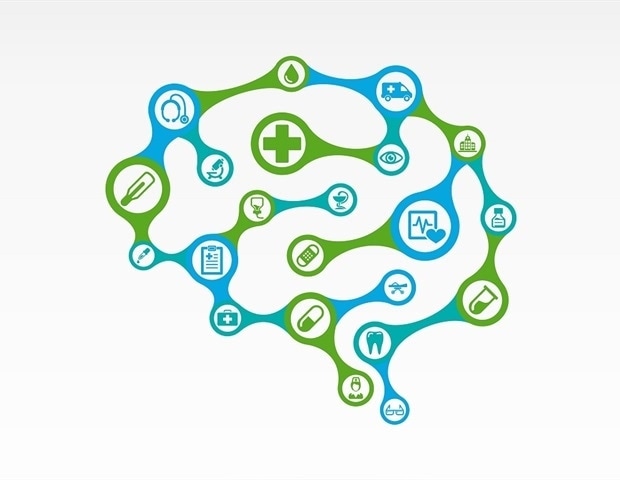Many of our children play a lot of computer games. Some youth play so much and develop such big problems that a new diagnosis called Internet Gaming Disorder (IGD) has been proposed.
Symptoms of a gaming disorder include that it has an impact on school, work or friendships, that we continue to play even though we know it creates problems, that we are unable to stop or reduce the activity, we lose interest in other activities and that we lie about how much we play.
Previous findings show that excessive screen use among young children can lead to them becoming less able to recognize emotions. But some children also experience valuable mastery through gaming, and many find friendship and other social togetherness.
A research group at the Norwegian University of Science and Technology (NTNU) has looked at possible connections between children with symptoms of IGD and mental health problems. The results may reassure parents who might have let their children play more digital games during the a period marked by the coronavirus and home office.
We’ve found no connection between IGD and psychiatric problems, other than that 10- and 12-year-olds who had more symptoms of gaming addiction developed fewer symptoms of anxiety two years later, when they were 12 and 14 years old.”
Beate Wold Hygen, Researcher
She is a postdoctoral fellow at NTNU’s Department of Psychology and the first author of a new article in the Journal of Child Psychology and Psychiatry.
Yes, children actually develop fewer symptoms of anxiety, not more.
This finding may could be related to the social aspects of the game, or that gaming is a distraction that causes the children to ruminate less than others.
No inverse relationship has been found.
“We looked at anxiety, depression, ADHD and oppositional defiant disorder. But children who had more symptoms of these mental disorders were not more susceptible to gaming addiction,” says Hygen.
“When psychiatric difficulties and IGD occur at the same time, which they do, they must be explained by other shared underlying factors,” says Professor Lars Wichstrøm, who is a co-author of the work and leads the research project on which the study is based.
The researchers are not sure exactly what factors come into play, but genes that affect both the tendency to become addicted, including to internet gaming, and having other mental health problems may play a role.
The figures are based on interviews with 702 children from the Trondheim Early Secure Study. These are children who have been followed up with questionnaires, tests, in-depth interviews and observation every other year since they were four years old. Today they are 16-17 years old.
Hygen, B.W., et al. (2020) The co‐occurrence between symptoms of internet gaming disorder and psychiatric disorders in childhood and adolescence: prospective relations or common causes?. Journal of Child Psychology and Psychiatry. doi.org/10.1111/jcpp.13289.
